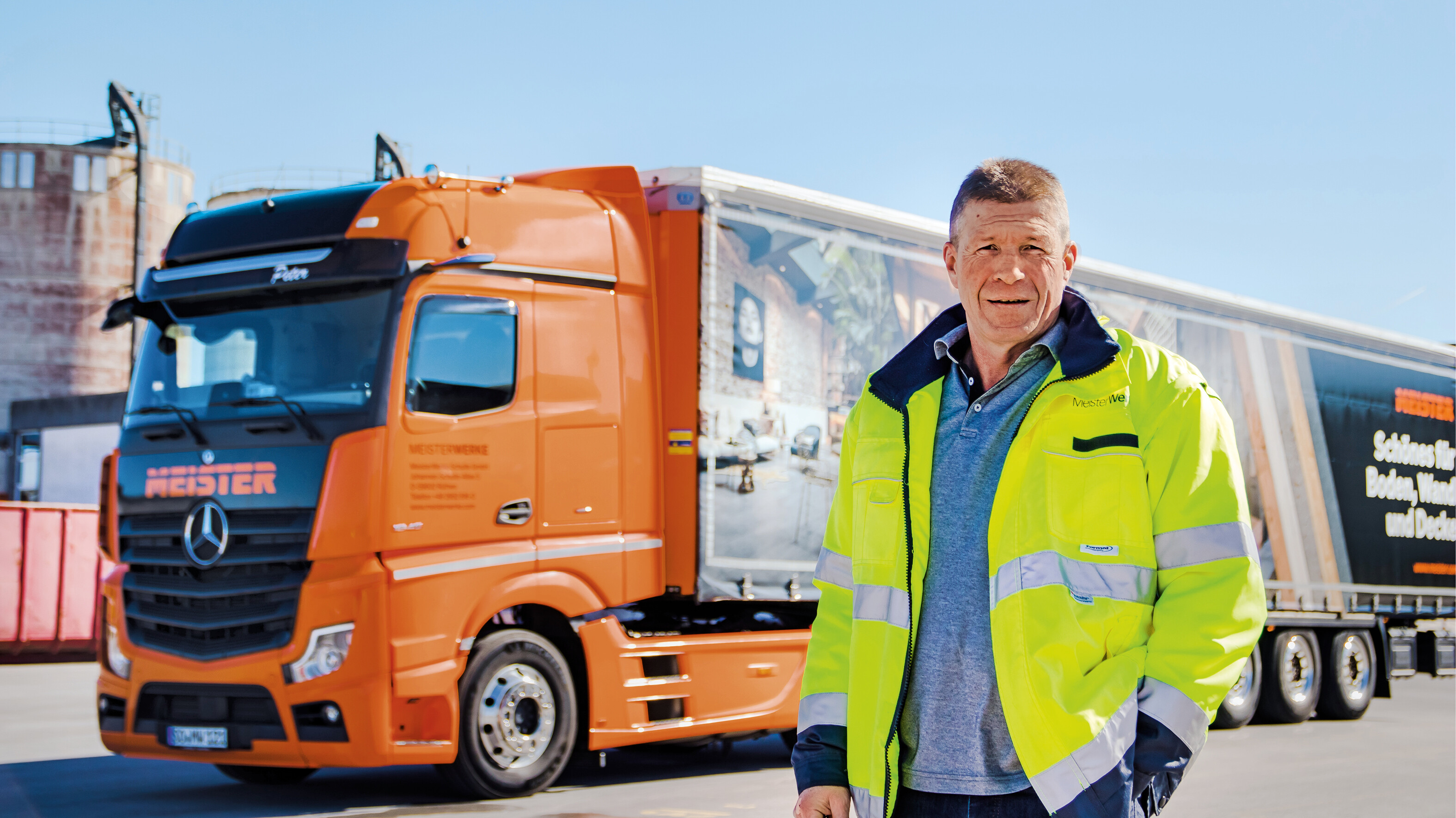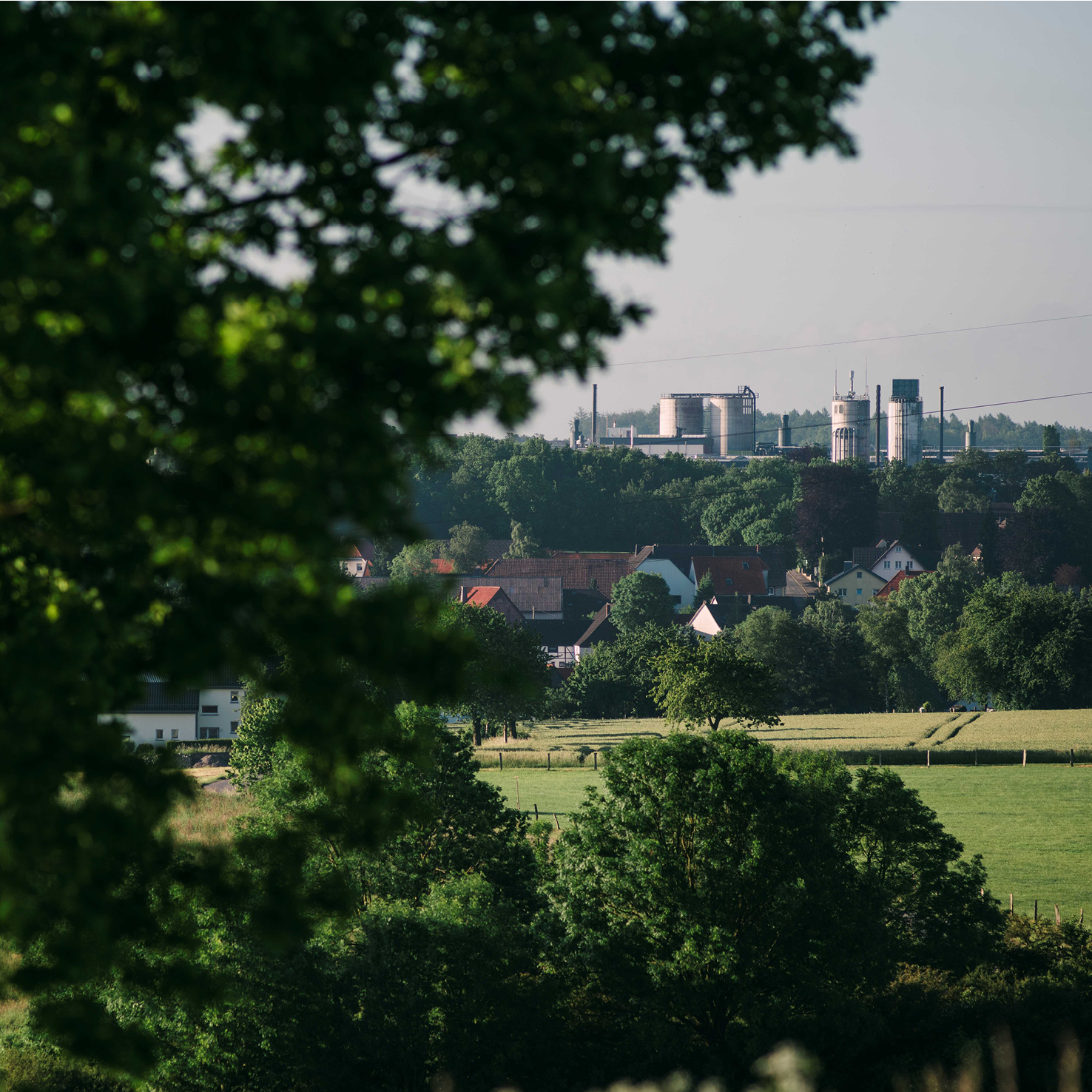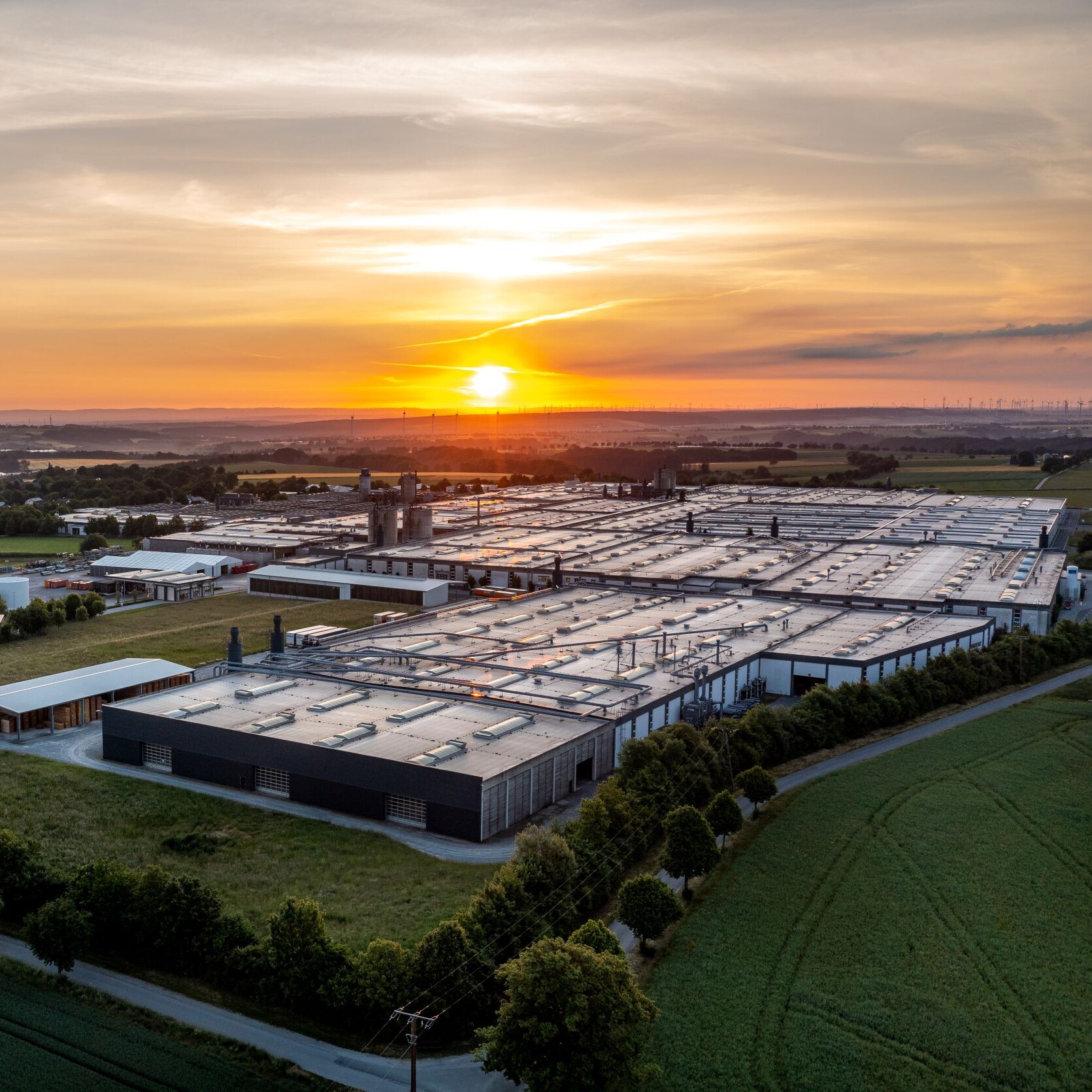“Anticipatory drivers are acting sustainably.”
We have made significant progress compared to 2001. This applies to planning and preparation as well as to the transports themselves. Thanks to modern route planning software and complex driver assistance systems, we can complete tours in a more efficient and therefore more environmentally friendly way than we could just a few years ago. In doing so, we not only keep a focus on the technical possibilities but also on the people who are doing the work.
In logistics, the sustainability aspect is often reduced to saving fuel and reducing emissions. Yet an anticipatory driving style also offers added value in many ways. For this reason, we train our drivers several times a year during our own and industry-prescribed ECO training courses. Here they get tips on the topics like load safety, the digital speedometer, transporting hazardous goods and current legal regulations as well as on how they can drive their vehicle in an anticipatory and thus more efficient way in traffic.
All relevant driving and consumption data from the vehicles are recorded and individually evaluated using the Fleetboard Cockpit digital tool developed and distributed by Mercedes. Based on their evaluation, the drivers can see where they have room for improvement and how useful anticipatory driving is. The anonymised ranking of all participating companies documents how helpful this support is: MEISTERWERKE drivers are among the best teams here, with an average rating of 9.28 out of 10 possible points.
Due to a lack of alternatives, we will have to continue relying in the medium term on road transport in shipping. Nevertheless, there are also opportunities to act more sustainably here. Among other things, we want to gradually install the Fleetboard Cockpit, which we are already using in over 50 percent of our vehicles, in the remaining trucks as well. At the same time, we are very closely monitoring progress in the area of electric mobility. The possible applications have so far been limited to the area of intralogistics, however. Our goal here is to gradually replace the vehicles with a lifting capacity of more than four tonnes.




